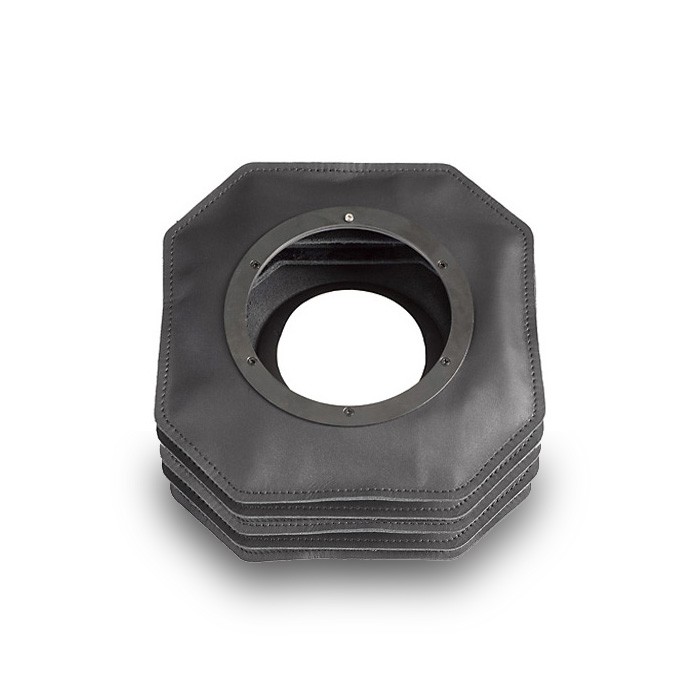
Introduction
As temperatures rise during the summer months, the importance of air conditioners becomes evident. These essential appliances not only provide comfort but also promote health and well-being by regulating indoor air quality and temperature. With climate change leading to increased heatwaves, understanding the role of air conditioners has never been more crucial.
Impact on Health
High temperatures can lead to serious health risks, such as heat exhaustion and heat stroke. According to the World Health Organization, heatwaves have resulted in thousands of excess deaths in recent years, particularly among vulnerable populations like the elderly and those with pre-existing health conditions. Air conditioners help mitigate these risks by cooling indoor spaces and maintaining a stable environment, allowing people to seek refuge from the sweltering heat outside.
Energy Efficiency Innovations
The demand for air conditioning units has prompted significant advancements in technology. Modern air conditioners are now designed with energy efficiency in mind, aimed at reducing electricity consumption while maintaining effective cooling performance. According to the Energy Saving Trust, energy-efficient units can use up to 50% less energy than their traditional counterparts, which is beneficial both for the planet and consumers’ wallets. Innovations such as inverter technology are allowing units to adjust their power consumption according to the ambient temperature, providing more precise cooling without exorbitant energy costs.
The Environmental Aspect
As air conditioners often rely on hydrofluorocarbons (HFCs) as refrigerants, there has been growing concern regarding their environmental impact. HFCs are potent greenhouse gases that contribute to global warming. However, recent international agreements have set ambitious targets for phasing out these substances. Manufacturers are now shifting towards more environmentally friendly alternatives, such as hydrocarbon and ammonia-based refrigerants, which have a much lower global warming potential while maintaining efficiency.
Conclusion
In conclusion, air conditioners serve a vital role in enhancing comfort and ensuring health during extreme heat events. As technology evolves, modern air conditioners are becoming more energy-efficient and environmentally friendly. With the increasing prevalence of climate change and rising global temperatures, air conditioning is likely to become an even more critical component of home and business infrastructure in the years to come. Consumers would do well to consider energy-efficient options to balance comfort with environmental responsibility as they prepare for the hotter months ahead.
You may also like


Understanding the Benefits of Dyson Fans
